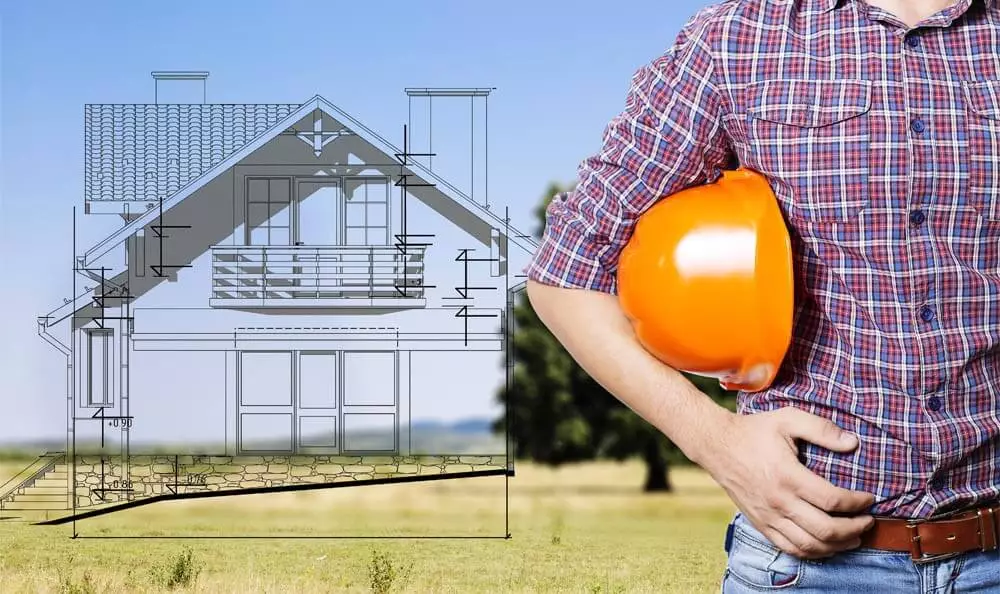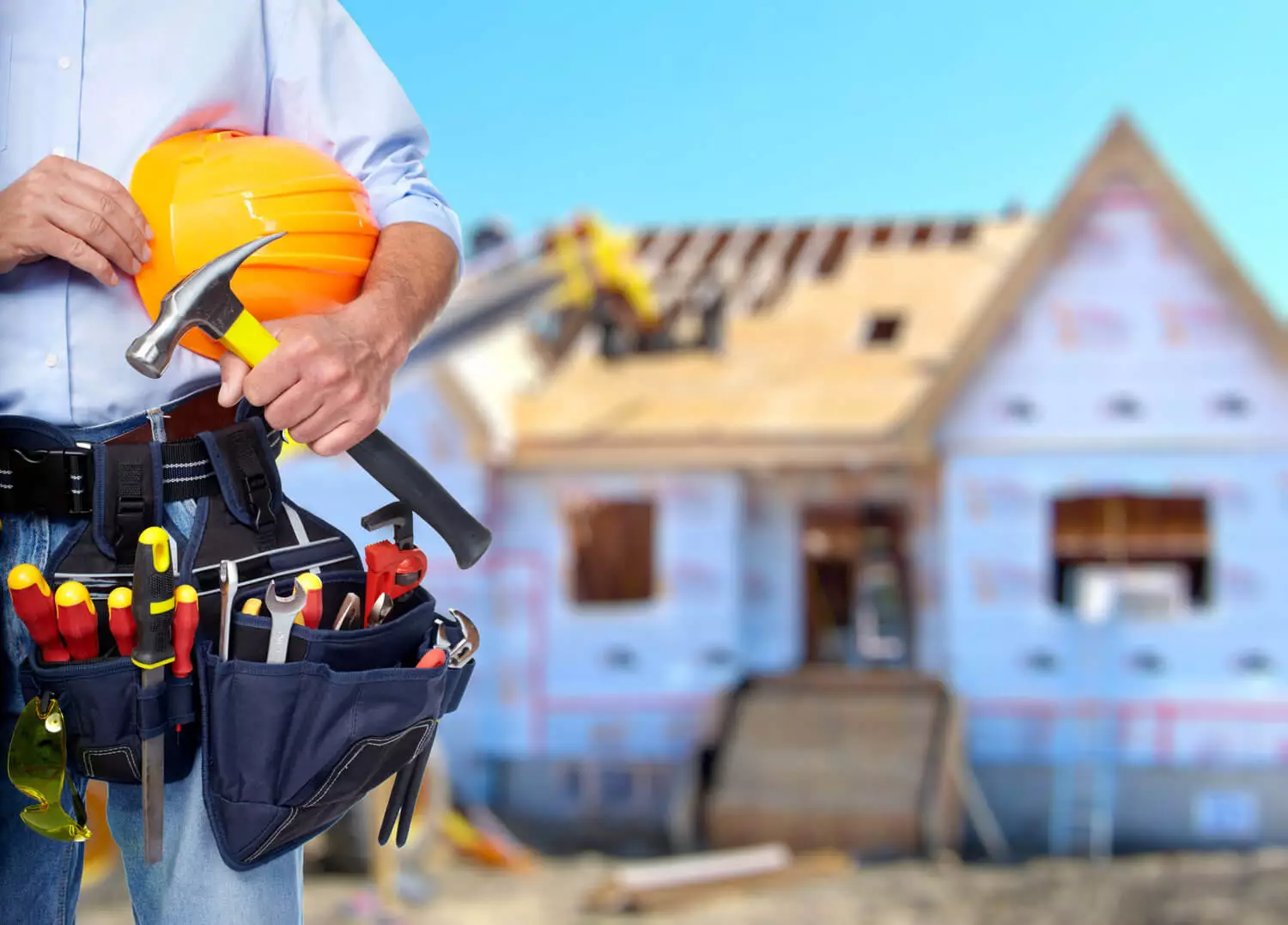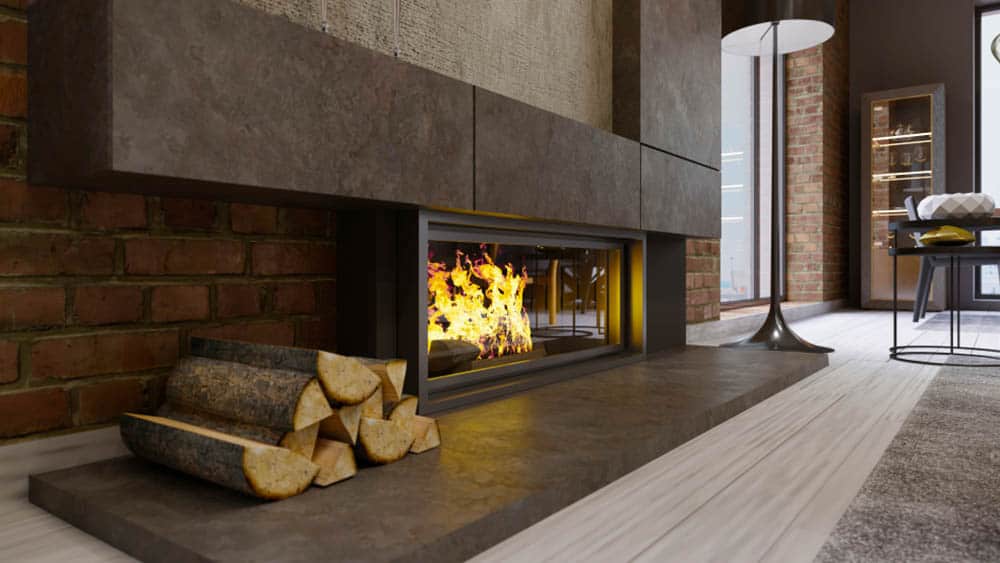When upgrading the exterior of a home, many property owners overlook the importance of the driveway. However, a well-designed and professionally installed driveway can significantly boost curb appeal, provide better functionality, and even increase property value. In a city like Brighton—known for its varied terrain, historic homes, and coastal climate—thoughtful planning and material selection are especially important.

Content
Why Driveways Matter in Brighton
Driveways serve both aesthetic and practical purposes. Beyond creating a dedicated parking space, a driveway helps manage surface water, prevents mud and erosion, and enhances the overall presentation of a property. In Brighton, where properties often contend with salt-laden air, sloped streets, and fluctuating weather, the choice of driveway surface and structure is more than just visual—it’s structural.
Surface Options and Their Benefits
There are several types of driveway materials suitable for Brighton properties. Each offers its own strengths depending on budget, style preference, and environmental conditions:
- Resin-bound surfacing: This modern option is popular for its seamless, smooth appearance and permeability. It’s resistant to UV fading and allows water to drain through naturally, reducing the risk of puddles or runoff.
- Block paving: Made from concrete or clay blocks, this style offers a traditional look with patterns like herringbone or basketweave. It’s easy to repair by replacing individual blocks if any become damaged.
- Tarmac: A durable and cost-effective choice, tarmac is ideal for larger driveways or high-use areas. When installed with proper drainage, it can withstand Brighton’s changing climate well.
- Gravel with stabilisation grids: For rural or rustic properties, gravel is budget-friendly and quick to install. Modern stabilisation systems keep the surface level and prevent stones from spreading.
Drainage and Legal Considerations
Sustainable drainage is a key concern in driveway installation, particularly in older urban areas like Brighton where Victorian-era sewers can easily become overwhelmed. Permeable surfaces or integrated drainage solutions help prevent runoff from entering stormwater systems.
In most cases, resurfacing a driveway doesn’t require planning permission unless the surface is impermeable and covers more than five square metres. If you’re creating a new vehicle crossover or dropped kerb, approval from the local authority is typically required.
Design and Construction Tips
Proper groundwork is essential. A strong sub-base, suitable edge restraints, and correct fall (slope) for drainage are all critical for long-term performance. Skimping on preparation can lead to subsidence, pooling water, or surface degradation over time.
Choosing qualified professionals with experience in local conditions ensures compliance with regulations and high construction standards. Look for contractors who are insured, experienced, and transparent about their process and timelines.
Learning More About Local Driveways
If you’re planning to install or replace a driveway, it’s helpful to explore guides and case studies that address local climate, soil types, and council regulations. For more insights into Driveways Brighton, including surface options, planning considerations, and practical design tips, several online resources are available that cater to residents in the Sussex area.

Melissa Day is a dedicated home blogger who has been blogging for over six years. She covers everything home related. Melissa also loves writing posts about her travels to Europe with her husband and two children.












